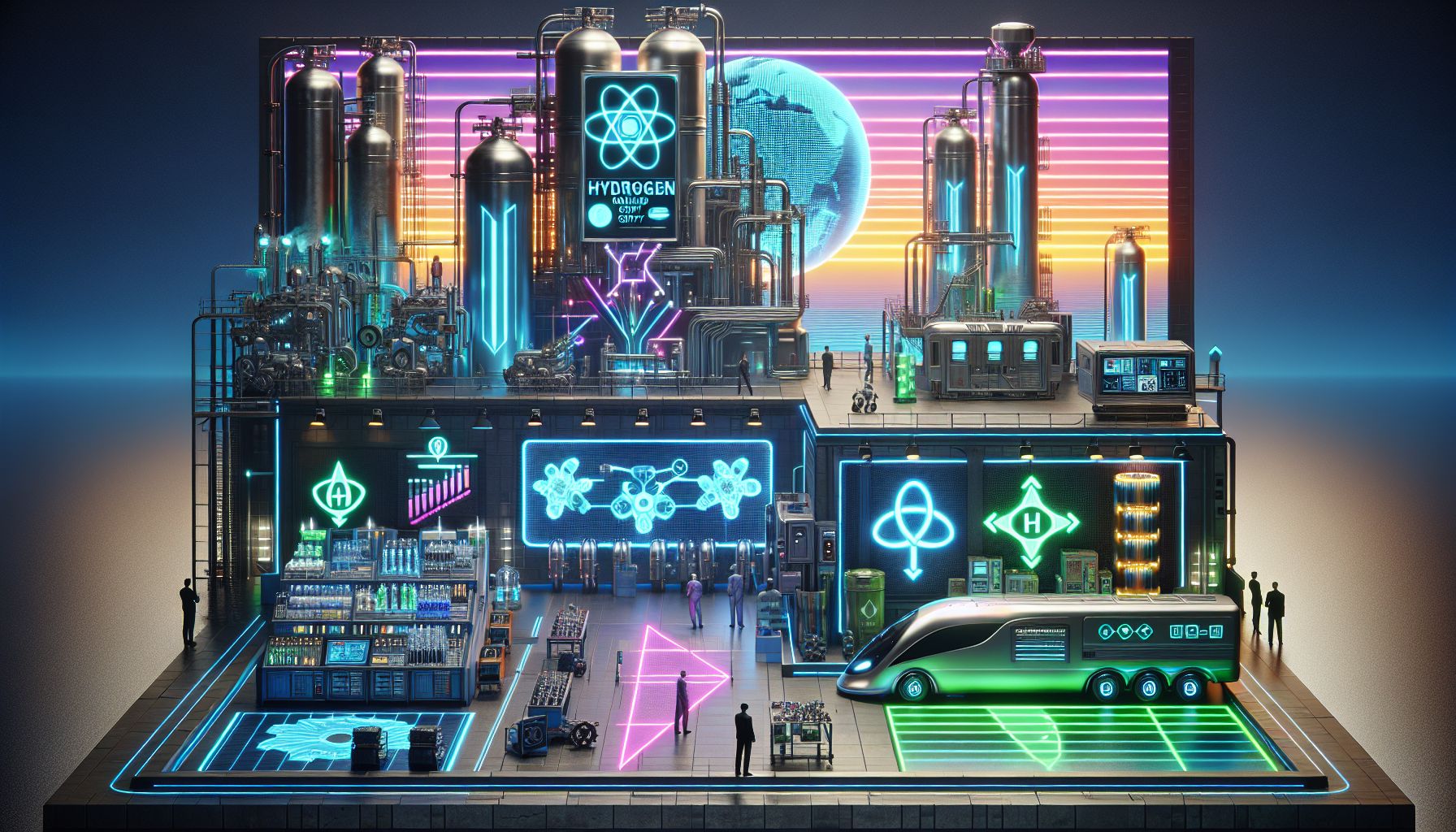Hydrogen's Role in Revolutionising Supply Chains

London, Thursday, 9 October 2025.
Hydrogen technologies promise to transform supply chains by replacing fossil fuels with grey, blue, and green hydrogen, reducing emissions significantly. This shift supports sustainability and net-zero goals, highlighting hydrogen’s critical future role.
Hydrogen’s Growing Influence in Supply Chains
Hydrogen is not just a buzzword; it’s becoming a powerhouse in reshaping supply chains. The use of grey, blue, and green hydrogen is rapidly advancing, replacing traditional fossil fuels in sectors like long-haul freight and heavy haulage. The beauty of hydrogen is that it emits only water vapour at the point of use, which significantly reduces carbon emissions [1]. This isn’t just a win for the planet but also showcases the industry’s dedication to achieving sustainability goals [1][2].
Strategic Investments and Collaborations
TotalEnergies and Air Liquide have invested over €1 billion in Northern Europe to build electrolysers for low-carbon hydrogen production, illustrating a massive step towards decarbonising industrial operations [1]. Collaborations like these illustrate how major players are pooling resources to expand hydrogen infrastructure, which is vital for scaling up production and distribution capabilities [2].
Challenges in Hydrogen Storage and Transport
Although hydrogen holds great promise, storing and transporting it poses significant challenges. The current focus is on overcoming physical, technological, and economic barriers to create efficient supply chains [3]. The debate continues over whether compressed or liquefied hydrogen is the best transportation method, with each having its pros and cons [3].
Global Commitment to Hydrogen
Globally, countries are making strides in hydrogen technology. Japan’s partnership with Australia to develop a liquid hydrogen supply chain is a prime example, promising to bolster energy security and drive technological innovation [4]. The collaboration aims to utilise carbon credits and storage to achieve net-zero emissions, highlighting the global commitment to hydrogen as a clean energy source [4].
Hydrogen’s Role in Future Energy Systems
In the UK, parliamentary debates underscore hydrogen’s potential to transform energy systems. Discussions include using ammonia as a hydrogen carrier, which can integrate into agricultural systems, reducing carbon footprints significantly [5]. Such innovations promise a future where hydrogen not only powers vehicles but also heats homes and fuels industry [5].